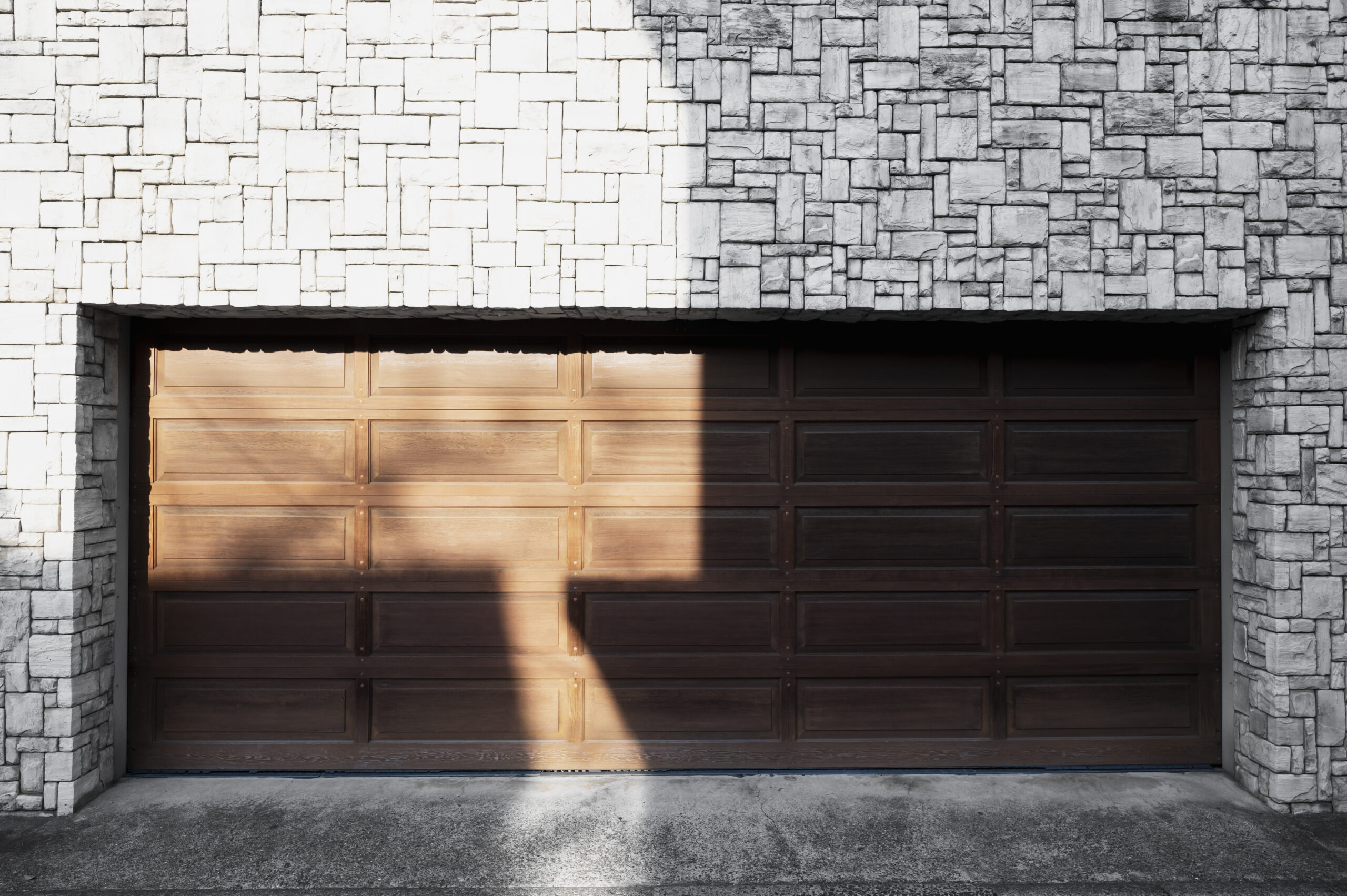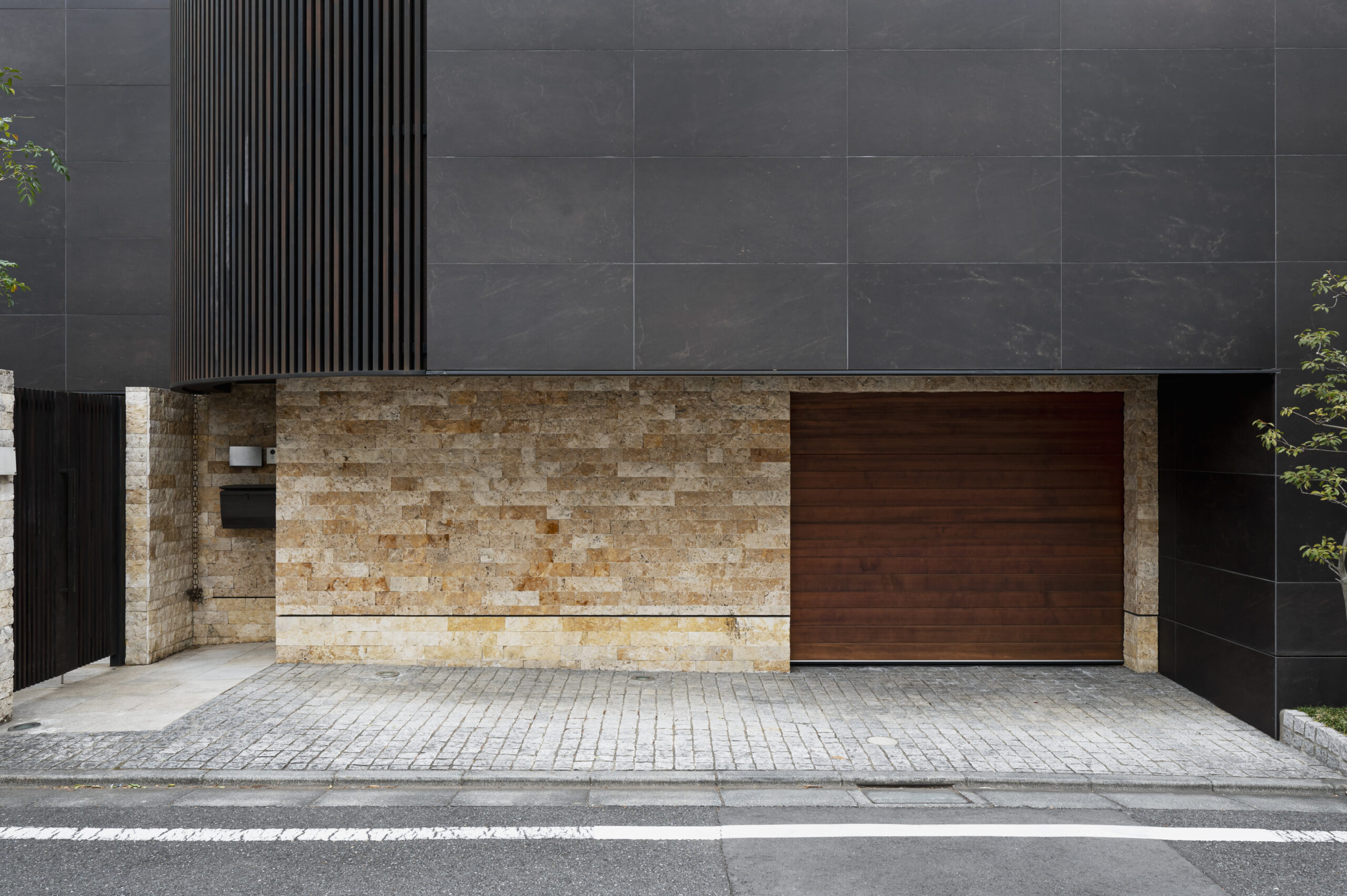A garage door is a critical part of your home, providing security, insulation, and curb appeal. But like any part of your property, it’s not immune to wear and tear. Over time, you might face a tough question: should I repair or replace my garage door? The answer depends on several factors, including the extent of the damage, the age of the door, and your budget.
In this guide, we’ll explore when it makes sense to repair your garage door and when replacement is the better option. We’ll also highlight the key factors to consider and the benefits of each choice, so you can make an informed decision for your home.
When to Consider Garage Door Repair
Sometimes, repairing your garage door is all you need to restore its functionality and appearance. Here are a few scenarios where a repair is the right choice.
Minor Cosmetic Damage
Garage doors are exposed to the elements, making them prone to scratches, small dents, or peeling paint. These minor cosmetic issues don’t typically affect the functionality of the door, so repairing them is usually the most practical solution. For example, small dents can often be fixed with a hammer and mallet, and chipped paint can be easily touched up.
If your garage door is otherwise in good condition, addressing minor damage can save you money while keeping your door looking great.
Functional but Aging Doors

Even if your garage door is showing signs of aging, such as noisy operation or occasional misalignment, it doesn’t always mean it’s time for a replacement. Common repairable issues include:
- Replacing broken springs.
- Realigning tracks.
- Fixing malfunctioning openers.
These fixes can help prolong the lifespan of your garage door, avoiding the expense of a complete replacement. If the frame and panels are still in good condition, a repair can be a cost-effective solution.
Cost-Effective Repairs
Repairing your garage door is generally more affordable than replacing it, especially if the issue is limited to one or two components. Common repairs include replacing weatherstripping, fixing cables, or addressing minor mechanical malfunctions.
When repairs are quick and affordable, they’re often the best choice for homeowners looking to save money while maintaining the functionality of their garage door.
When It’s Time to Replace Your Garage Door
While repairs can solve many problems, some situations call for a full garage door replacement. Look out for these indicators that it’s time to invest in an upgrade.
Severe Structural Damage
If your garage door has suffered extensive damage—such as large dents, warped panels, or a bent frame—it’s likely beyond repair. Severe structural issues can compromise the safety and security of your door, making replacement the only viable option.
Replacing your door ensures that your garage is secure, functional, and visually appealing once again.
Repeated Repairs
When you find yourself constantly fixing your garage door, it might be time to cut your losses. Frequent repairs can quickly add up, costing more in the long run than simply replacing the door.
If your garage door frequently jams, makes excessive noise, or has ongoing mechanical issues, a replacement is likely a better investment.
Outdated Features or Style
Older garage doors may lack the insulation, security features, and aesthetic appeal of modern options. Replacing home garage doors can be both a repair and an improvement, boosting your home’s curb appeal and energy efficiency.
Upgrading to a modern garage door installation can also provide smart features like Wi-Fi-enabled openers, quieter operation, and better materials.
Safety and Energy Efficiency
A garage door that doesn’t seal properly can lead to energy loss, increasing your utility bills. Additionally, older doors may not meet current safety standards, putting your family at risk.
Replacing your door with a safer, more energy-efficient model can offer peace of mind and long-term savings.
Key Factors to Consider: Repair or Replace My Garage Door?
To choose between repairing or replacing, take these key factors into account:

- Cost Comparison: Repairs are typically cheaper upfront, but repeated fixes can exceed the cost of a new door over time.
- Age of the Door: If your garage door is more than 15-20 years old, replacement is often the better option.
- Extent of Damage: Minor issues can be repaired, but severe structural damage usually requires a replacement.
- Warranty Coverage: Check if your door is still under warranty, as this can influence the cost of repairs or replacement.
- Long-Term Goals: Are you planning to sell your home or stay for years to come? A new door can enhance curb appeal and add resale value.
Benefits of Replacing Your Garage Door
Replacing your garage door comes with several advantages:
- Enhanced Curb Appeal: A new garage door can transform the look of your home, adding style and sophistication.
- Improved Functionality: Modern doors offer smoother, quieter operation with advanced technology like smart openers and keyless entry.
- Energy Efficiency: New doors with insulated panels reduce energy loss, lowering your heating and cooling costs.
- Safety Upgrades: Modern garage doors meet higher safety standards, protecting your family from accidents.
- Long-Term Savings: While the upfront cost is higher, a new garage door requires less maintenance and provides better durability over time.
Benefits of Repairing Your Garage Door
If replacement isn’t necessary, repairs offer their own set of advantages:
- Lower Upfront Costs: Repairs are more affordable than a full replacement, making them an ideal choice for budget-conscious homeowners.
- Preserve Existing Materials: High-quality or custom garage doors may be worth repairing rather than replacing.
- Quick Fixes: Repairs can often be completed quickly, minimizing downtime for your garage.
- Sustainability: Repairing your door instead of replacing it reduces waste and promotes eco-friendliness.
Should I Repair or Replace My Garage Door? Expert Tips
If you’re still unsure about your decision, follow these expert tips:
- Consult a Professional: An experienced technician can assess the condition of your door and recommend the best solution. Whether you need garage door repair or replacement, a professional can guide you through the process.
- Prioritize Safety: If your door poses a safety risk, replacement should always be the priority.
- Think Long-Term: Consider your home’s future needs, including energy efficiency, resale value, and aesthetics, before making your choice.
Conclusion: Making the Right Choice for Your Garage Door
Deciding between garage door repair or replacement doesn’t have to be overwhelming. By assessing the condition of your door, the cost of repairs, and your long-term goals, you can make an informed decision that benefits your home and wallet.
If your door has minor issues, a quick repair may be all you need to restore its functionality. However, if the damage is severe, frequent, or outdated, investing in a new garage door could save you money and headaches in the long run.
For expert guidance and services, explore professional options for garage door installation, repair, or replacement to ensure the best outcome for your home.





